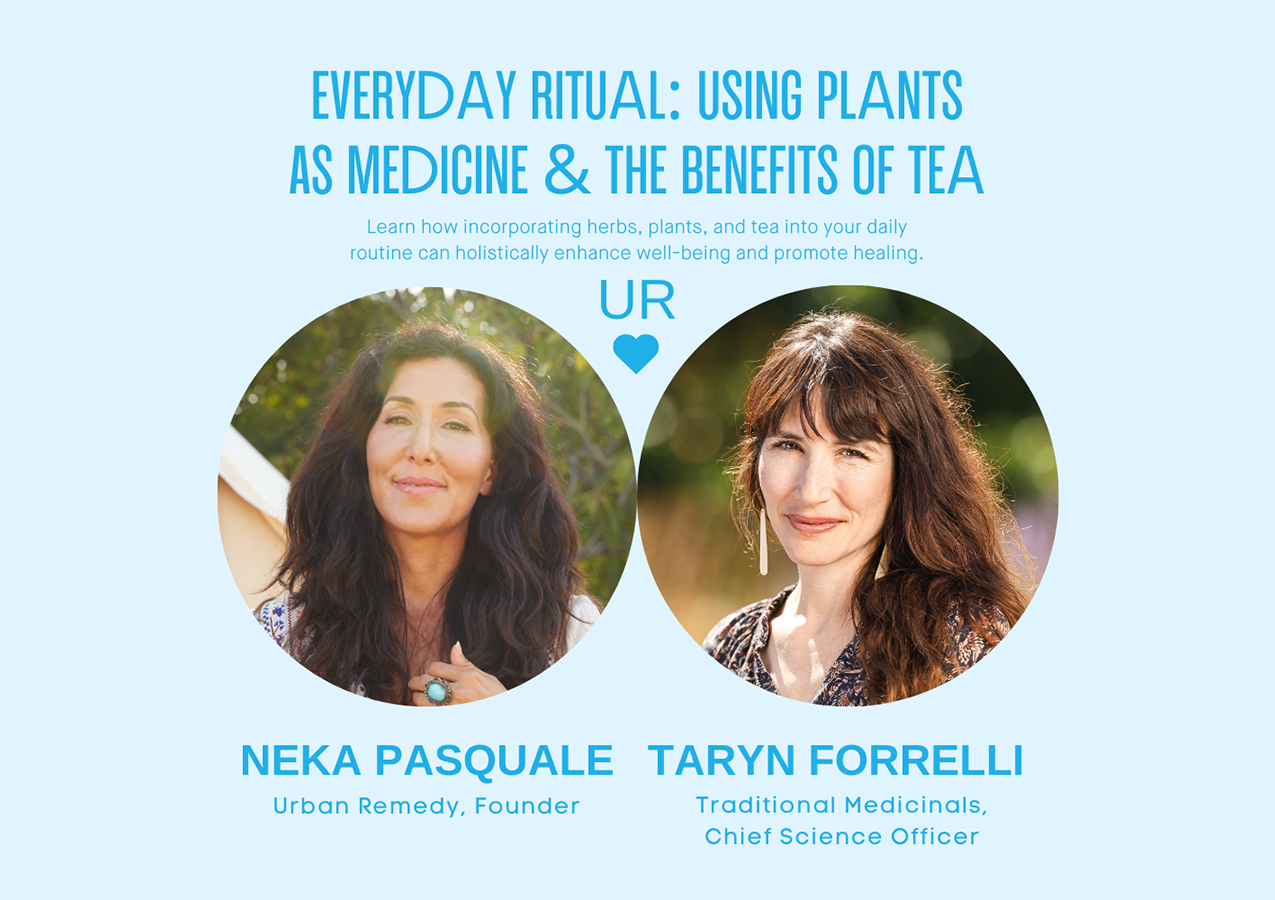“Big Food is a Big Problem.” Spend time in Urban Remedy’s Richmond, CA, headquarters, and you are bound to hear this phrase. At Urban Remedy, “Big Food is a Big Problem” is more than a conversation; it is a call to action for our small organic food company. It is the belief that food should be healing to people and the planet, and it inspires everything we do.
I recently talked with our CEO, Paul Coletta, to get a deeper understanding of what “Big Food” is, the problems it is causing, and what one small food company, one family, or even an individual can do to make a difference.

Q: What do you mean when you say “Big Food is a Big Problem”?
“When I talk about Big Food, I’m not talking about any one food company in particular. I’m talking about our industrialized food system in America. Over many years, Big Food has negatively impacted both people and the planet by focusing on centralization, efficiency, and engineering food systems to increase
profits. Big Food is largely focused on lengthening shelf life, but when you increase shelf life, you often do it to the detriment of nutritional value and the environment. By the way, I am not saying that food companies shouldn’t get big if they grow responsibly.”
Q: You’ve said, “Urban Remedy seeks to reimagine our food system.” Explain what you mean by that.
“We believe the future of food is fresh. Today’s customer will demand a shift to more clean fresh food, and small companies like Urban Remedy are well-positioned to respond. We are working hard to innovate a unique fresh food business model that delivers ready-to-eat meals through a regionalized production hub and omni-channel points of distribution (company-owned small format retail stores, direct-to-consumer online, and partners like Whole Foods Markets). Operating our own food production hub allows us to deliver super fresh products from local farms without sacrificing quality, food safety or profit. Big Food systems are not optimized to meet the growing demand for fresh local food.
“We also produce very clean food. By clean I mean it is certified organic, certified non-GMO, gluten-free, low glycemic, and made without preservatives, artificial colors, fillers, unhealthy oils (like canola, soy, and cottonseed), and refined sugar and flours which are all inflammatory by nature. Inflammation is the precursor to most major diseases, so lowering inflammation in the body is an objective of all the products we innovate and produce. We believe ‘Food is Healing.’”
Q: How do you incorporate healing foods into your daily life?
“Mostly by feeding my family real food. I have a 14-year-old and a 21-year-old, and we raised them with the knowledge that real food is unprocessed food. While we are not vegan or vegetarian, we put plant food at the center of the plate. We selectively eat high-quality animal proteins: pasture raised eggs, grass fed meats, and wild or sustainably farmed fish. Not just because these are healthier sources, but also because they always taste better.
“We grow some of our own food when we can. Depending on the season, my family enjoys growing tomatoes, fruit trees, and herbs. We pasture a small clutch of chickens and manage a couple of beehives on our property that keep us stocked with fresh eggs and raw honey. After the first big rain every winter, I look forward to foraging for chanterelle and candy cap mushrooms in the East Bay hills surrounding my home. Along with my Urban Remedy family, I also enjoy our community vegetable garden in front of our Richmond offices. This year we planted a ton of sungold tomatoes that are at their peak right now; I grab a handful every day.”
(Read Edible East Bay’s recent article about Paul’s efforts as an urban farmer and vintner)
“We are willing, and thankfully able, to spend a little more for higher quality food. Big food is often cheap because the processed packaged food industry is enormously efficient and our government has a long history of subsidies that do not favor the fruit and vegetable industry. While quality food can be more expensive, I believe it is worth it. Let’s pay the farmer, not the pharmacist.
“I also love supporting our farmers markets and CSAs. Americans have little to no connection to the source of their food, and most often, Big Food comes trucked in from far-away factories with chemicals and food stabilizers being added to it. Urban Remedy’s local mindset is a deliberate part of our business model for obvious reasons.”
Q: Where did your values around food originate?
“My mom is a wonderful cook. She made everything taste great by cooking fresh, simple, real food. She grew vegetables in the backyard and we raised chickens too, in a very suburban area of Los Angeles. She was urban farming before the term was coined. My mother’s influences around food are probably a big reason why three of her four children went into the food industry professionally.
“Also, our grandfather was an Italian immigrant who built a successful restaurant business over 90 years ago, Coletta’s Italian Restaurants in Memphis. I spent many summers as a kid hanging around grandpa when he was cooking and I suppose that his passion for good food seeped into my DNA.”
Q: You mentioned that good, real food costs a little more. For many people, organic unprocessed food is out of reach. What can be done to make high-quality food more accessible?
“We need to do more for sure. Consumer demand has already pushed the industry to develop more affordable organic milk and produce. My hope is that over time, the success of Urban Remedy and other emerging food companies like us will contribute to a shift in demand that large companies will be forced to recognize and follow — which ultimately will make it more accessible and affordable.
“I also see food waste as a big opportunity that companies can leverage to create high-quality, low-cost nutrition. Globally, about one-third of all food that is grown goes to waste. At Urban Remedy, we will process over 2 million pounds of produce in 2016 in our Richmond facility; a byproduct of that is large quantities of high quality, fiber-rich organic pulp. We supply local pig farmers with this pulp for feed, but we are more interested in finding opportunities to turn the pulp into high-quality food for people. We have begun doing this with our Carrot-Curry Crackers and Beet Apple Granola, and our soon-to-be-launched Veggie Burger. These are largely made with ingredients that are byproducts of our cold-pressed juices. This lowers our cost of goods, which allows us to pass on those savings through more affordable products.”
Q: If Big Food is a Big Problem, what do you suggest Big Food can do to help?
“It might be more accurate to say Big Food has a Big Problem, but it can be part of the solution if it starts paying more attention to what consumers truly want.”
Photo credit: Olivia Vigo


